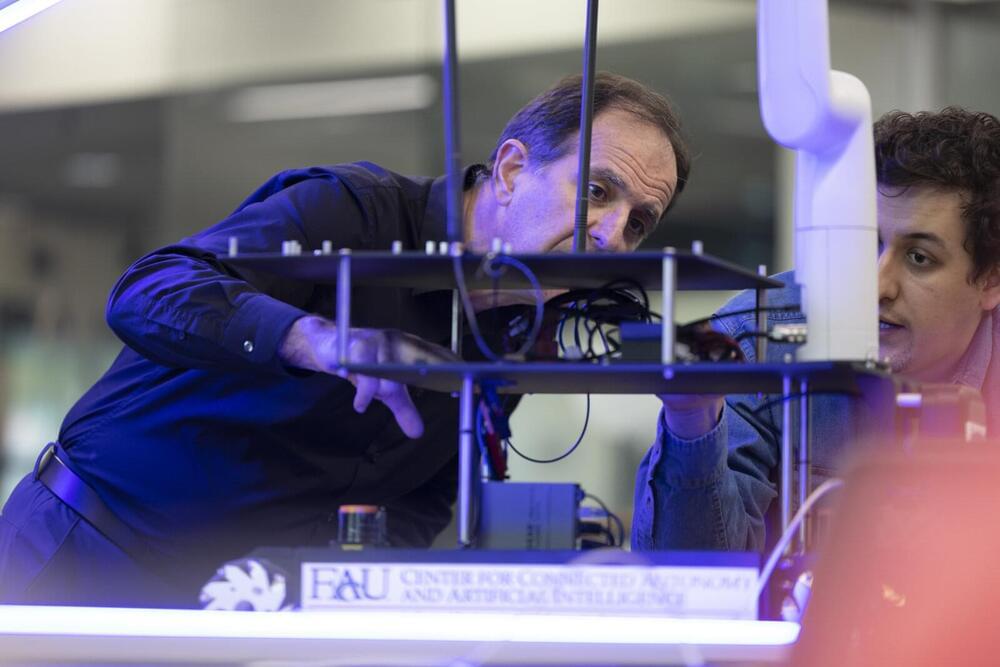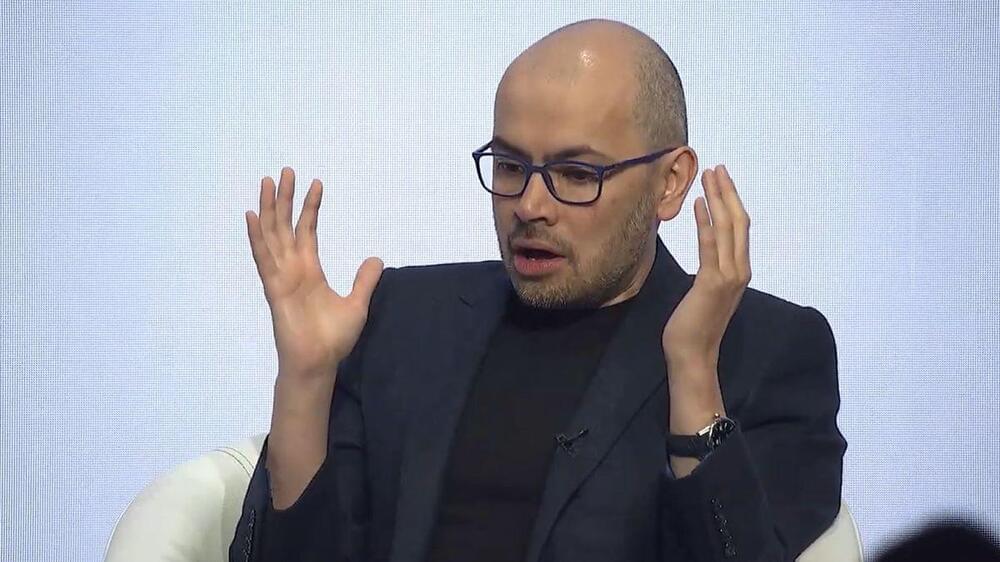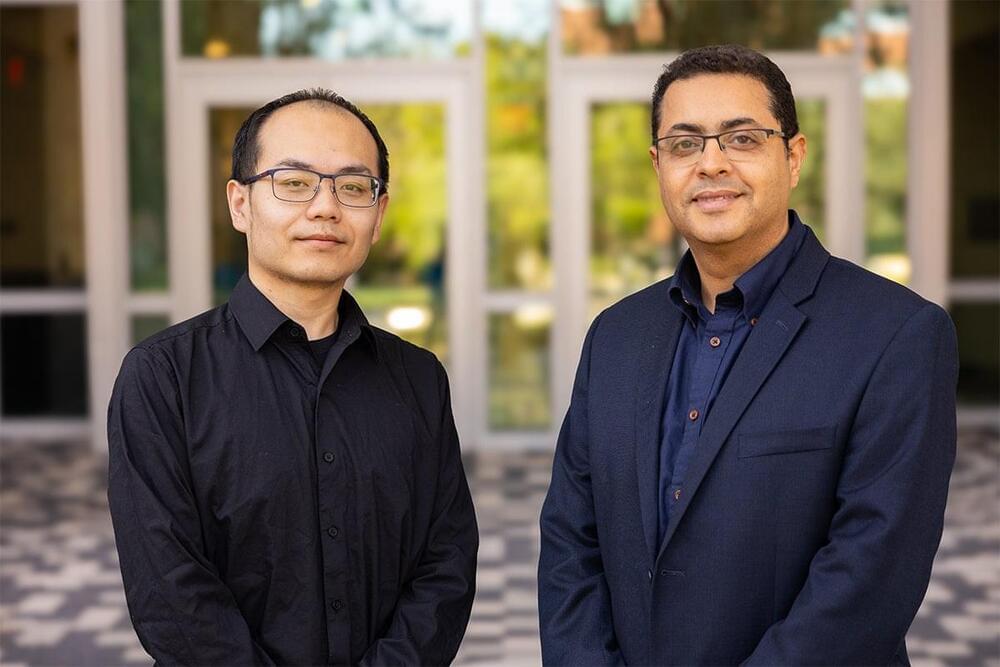Florida Atlantic Center for Connected Autonomy and Artificial Intelligence (CA-AI.fau.edu) researchers have “cracked the code” on interference when machines need to talk with each other—and people.
Electromagnetic waves make wireless connectivity possible but create a lot of unwanted chatter. Referred to as “electromagnetic interference,” this noisy byproduct of wireless communications poses formidable challenges in modern day dense IoT and AI robotic environments. With the demand for lightning-fast data rates reaching unprecedented levels, the need to quell this interference is more pressing than ever.
Equipped with a breakthrough algorithmic solution, researchers from FAU Center for Connected Autonomy and AI, within the College of Engineering and Computer Science, and FAU Institute for Sensing and Embedded Network Systems Engineering (I-SENSE), have figured out a way to do that.






